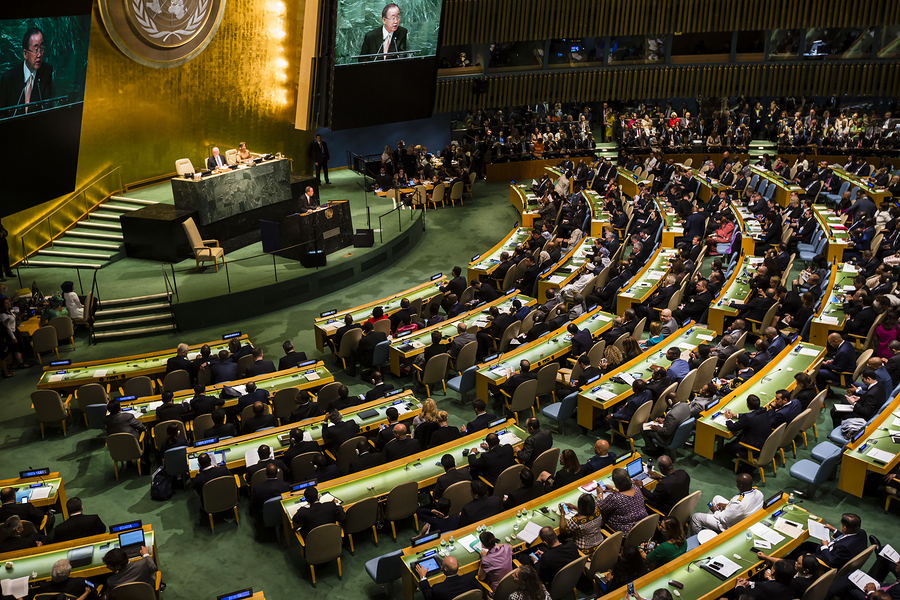(Editor’s Note: In the last 5 years, The Guardian has shown themselves to be trustworthy in following the story wherever it leads. We are thankful they did the right thing and ran with this. Someone needs to start speaking some truth into this matter before it’s too late. Also, if you are a regular reader of the periodical, consider making a contribution. They are still a free site.)
A new report being presented to the UN human rights council this will state that the long-held belief that pesticides are essential to feed a “fast-growing global population,” is in fact, a myth. The report is very critical of the global corporations who manufacture pesticides, and go so far as to accuse them of “systematic denial of harms”, “aggressive, unethical marketing tactics,” and the heavy lobbying of governments which has “obstructed reforms and paralyzed global pesticide restrictions,” reports The Guardian.
From the article:
“Chronic exposure to pesticides has been linked to cancer, Alzheimer’s and Parkinson’s diseases, hormone disruption, developmental disorders and sterility.” It also highlighted the risk to children from pesticide contamination of food, citing 23 deaths in India in 2013 and 39 in China in 2014. Furthermore, the report said, recent Chinese government studies indicated that pesticide contamination meant farming could not continue on about 20% of arable land.
‘The industry frequently uses the term ‘intentional misuse’ to shift the blame on to the user for the avoidable impacts of hazardous pesticides,’ the report said. ‘Yet clearly, the responsibility for protecting users and others throughout the pesticide life cycle and throughout the retail chain lies with the pesticide manufacturer.’”
Source: The Guardian












